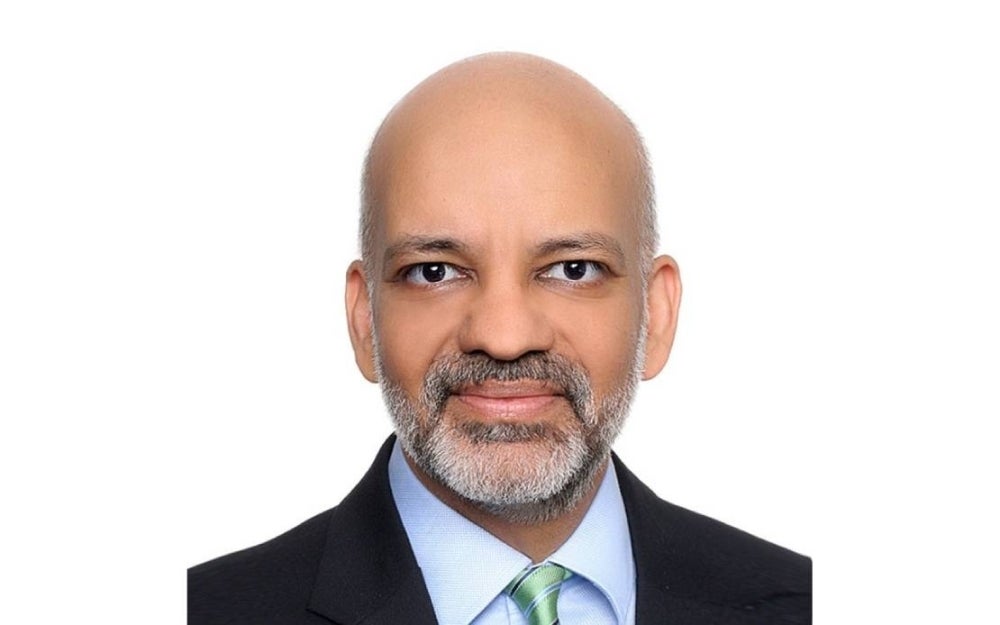Fragmented govt programmes affect Malaysians, says World Bank economist
SINAR DAILY REPORTER
SHAH ALAM - Make life simple for small investors, small-and-medium enterprises (SMEs), and the rakyat, says a World Bank economist about the fragmentation of government programmes in Malaysia.
Apurva Sanghi, the World Bank’s lead economist for Malaysia, said the country currently has 17 agencies, 170 social assistance programmes, and over 70 agencies for skills training.
There are also 35 agencies for SME digitalisation and over 30 agencies provide "investment promotion" services, he added.
He pointed out the reason why fragmentation of government programmes is an issue for the people.
"It hurts the public purse because these programmes are being paid for with taxpayers' money. For example, according to estimates, RM7 billion is spent on IT services alone.
"But economics aside, excessive fragmentation perpetuates inequality. For example, large firms have more resources and hence have more uptake of these programmes than do SMEs," he said in a Twitter post.
Most importantly, Apurva said the fragmentation of programmes hurts the Malaysian people.
He explained that one in three households with an income of less than RM4,000 did not receive any government assistance during the pandemic era. "One in five households that applied for assistance were turned down," he added.
Taking Argentina's "once only" principle as an example, Apurva said the government can request pertinent documentation only once from its citizens.
"No public body should require citizens to present paper documentation, and if they present a paper document, the receiving government agency must digitise it.
"Why can't Malaysia be more like Argentina? he asked.
He said the Economic Planning Unit (EPU) is currently prioritising "GovTech" to address this issue.
"Remember, Malaysia had 180 standard operating procedures (SOPs) at the start of the pandemic, but these were eventually streamlined into just one. So it can be done.
"Let’s hope that it won’t take a global crisis to mobilise change. The journey to make public services lean and mean — I mean, lean and kind — continues," he said.














